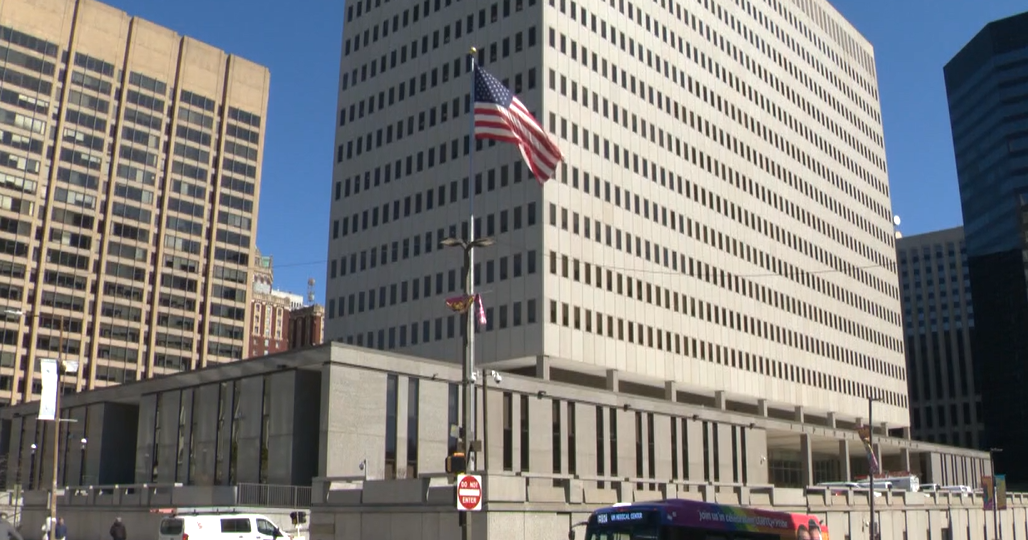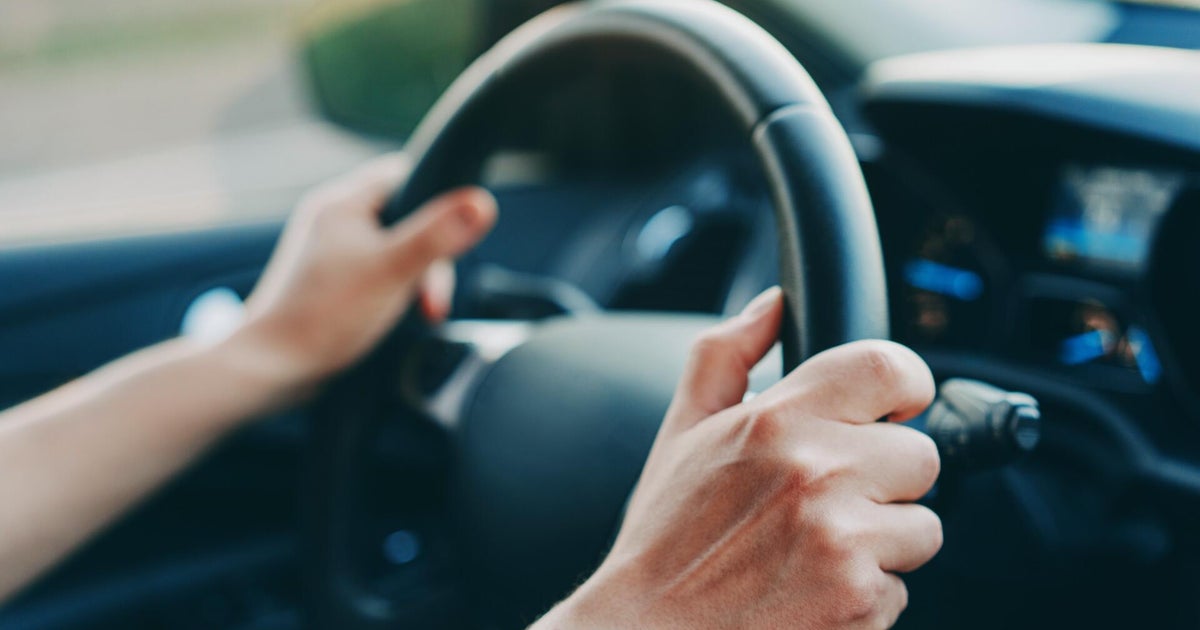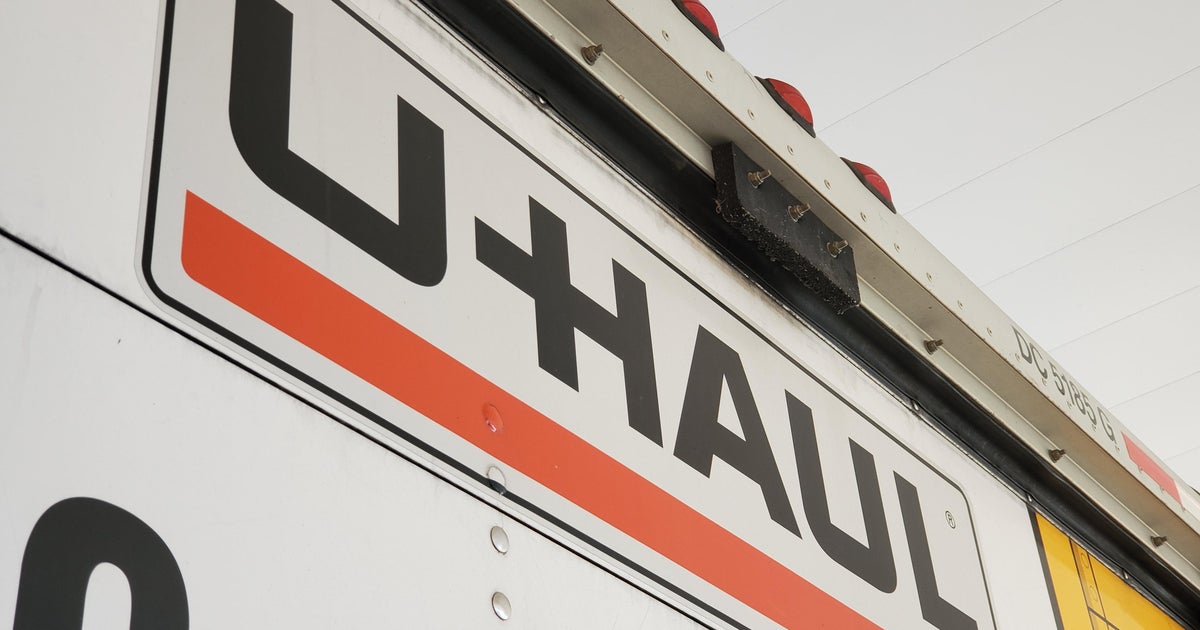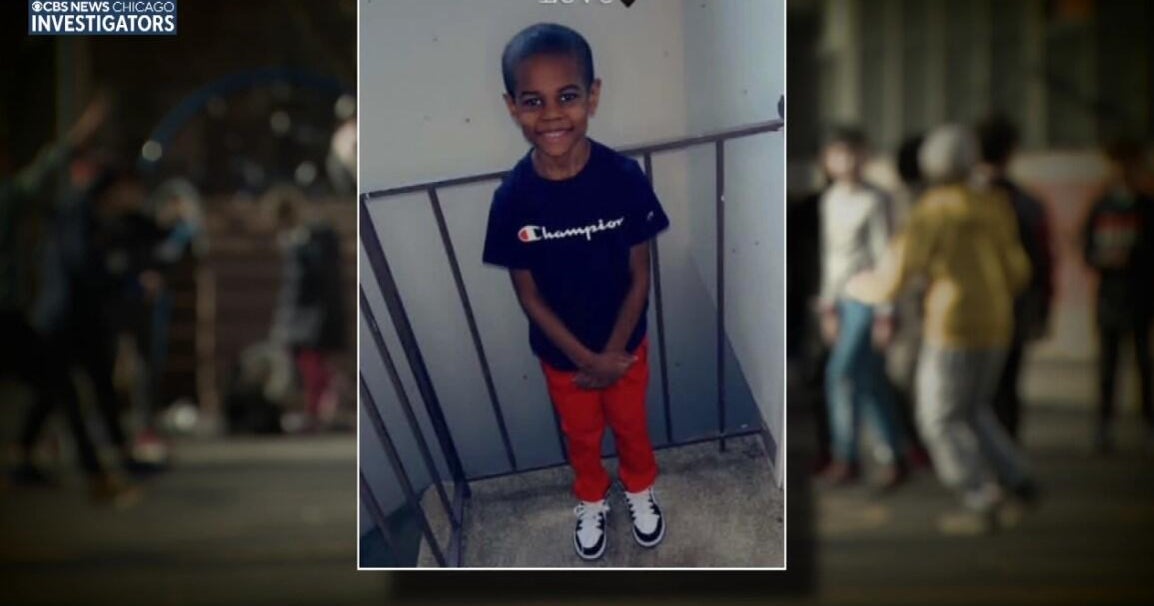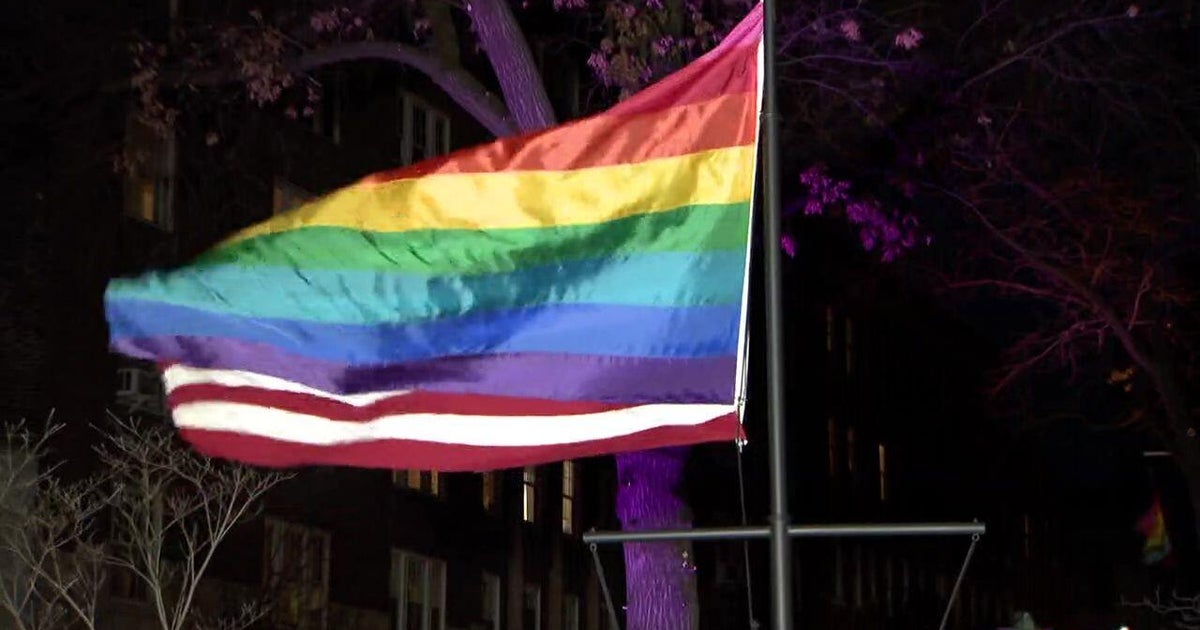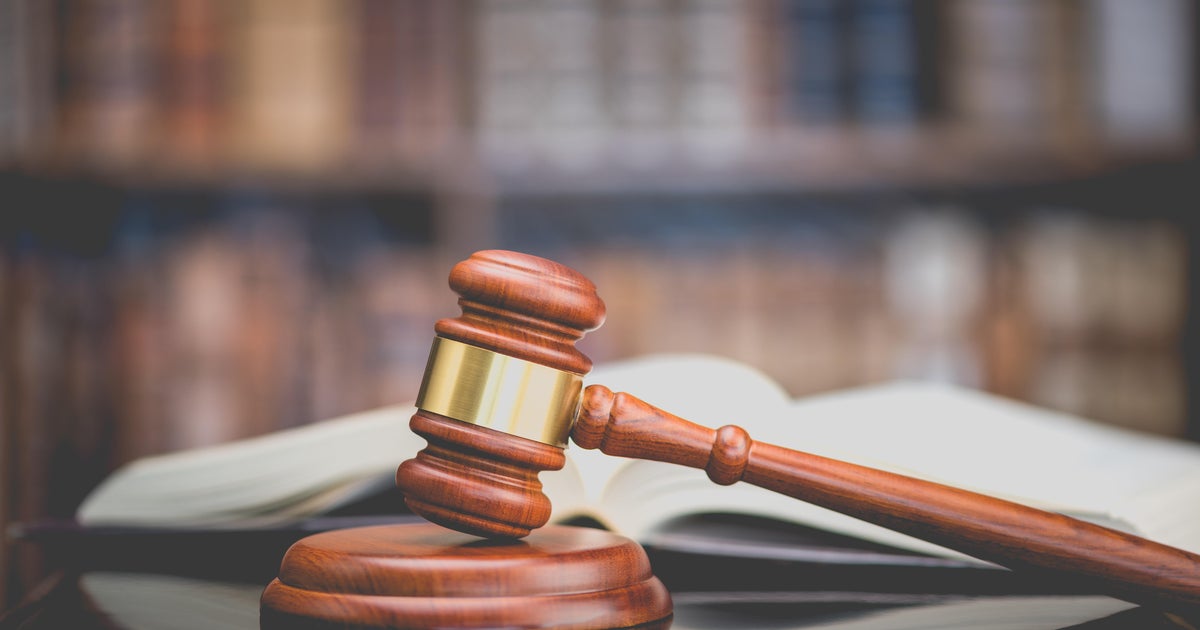Texas Lawmakers Grill Uber Executives On Ride-Hauling Rules
AUSTIN (CBSDFW.COM/AP) — Texas lawmakers grilled Uber executives over safety concerns during a hearing for a bill that would set statewide regulations for ride-hailing firms.
The bill regulates companies such as Uber and Lyft that use a smartphone app to connect drivers with passengers. No action is expected on the proposal Thursday.
With Uber and Lyft spending up to $1 million on lobbyists, and the taxi industry forking over about half that, according to the Texas Ethics Commission, it's no surprise that lobbyists in suits took up most of the chairs in the committee room.
More than 60 people — lobbyists, drivers, passengers, public safety officials and insurance agents — signed up to testify.
Marshall Republican Rep. Chris Paddie's proposal is similar to laws already passed in eight states in requiring companies to carry $1 million commercial insurance for drivers and conduct background checks on them, both of which the companies say they already do. Another 30 states are currently considering similar proposals.
But some on the House panel that held the hearing want to require that drivers be fingerprinted, something that Uber and Lyft oppose.
"If we have to comply with a fingerprint mandate, it typically adds many weeks to getting a driver on the road and making money," said Sally Kay, Uber's head of U.S. State Affairs.
Matthew Assolin, vice president of a chauffeur business that operates in Houston and Austin, said both cities require his drivers to be fingerprinted, which he said "is crucial" to passengers' public safety.
Sherman Republican Rep. Larry Phililps queried Kay over a recent incident involving a Houston Uber driver who was arrested after a passenger alleged she'd been sexually assaulted. The driver was later found to have had a 10-year-old federal conviction and hadn't received a permit from the city, which requires fingerprinting.
Kay said Uber's background check didn't catch the driver's criminal background because their checks only go back seven years.
"That's not really good enough for me, to be honest," Phillips said. "I think fingerprinting — all 10 prints — is something that you're going to have to do."
The fingerprinting requirement has been a sticking point for Uber and Lyft, which left San Antonio this month after the city adopted an ordinance that requires drivers be fingerprinted.
Kay said that only one of the 10 states whose legislatures have approved laws — Kansas — mandates fingerprinting. The bill is awaiting approval from Republican Gov. Sam Brownback, and as a result, Uber is "actively considering leaving that state."
Texas' measure would charge companies more in registration fees than any other state, as companies would have to pay the state an annual $115,000 fee and seek a state permit every two years.
Paddie said the fee will cover the costs to implement the statewide regulations.
His measure would trump any local ordinances, including those in Houston, San Antonio and Austin, which the ride-hailing companies strongly support.
San Antonio Republican Rep. Lyle Larson, one of the bill's sponsors, said the Legislature may relinquish some control to local entities but supports the statewide law because "competition is healthy."
Municipalities are less enthusiastic. Austin's city council in October adopted an interim ordinance to allow the ride-hailing companies to operate in city limits.
Because of the ordinance, out-of-town drivers were allowed to drive for ride-hailing companies during the South by Southwest festival and took some 250,000 trips, Kay said.
City Councilwoman Kathie Tovo told the committee the legislation "very thoughtfully balances the various interests." While it doesn't require fingerprinting, the Austin rule permits the city to audit the companies' records. One ride-hailing driver was removed from the system after a recent city audit found he had an outstanding warrant, Tovo said.
North Texans are using Uber and Lyft for everything from transportation to and from airports, and bars, to getting medical treatment. With the click of a smartphone, Dr. Jonathan Clarke will show up just about anywhere in the Dallas area to treat a patient. Click here to find out how he and others are now a part of an on-demand physician service that gets a doc to your house through an app.
(©2015 CBS Local Media, a division of CBS Radio Inc. All Rights Reserved. This material may not be published, broadcast, rewritten, or redistributed. The Associated Press contributed to this report.)
